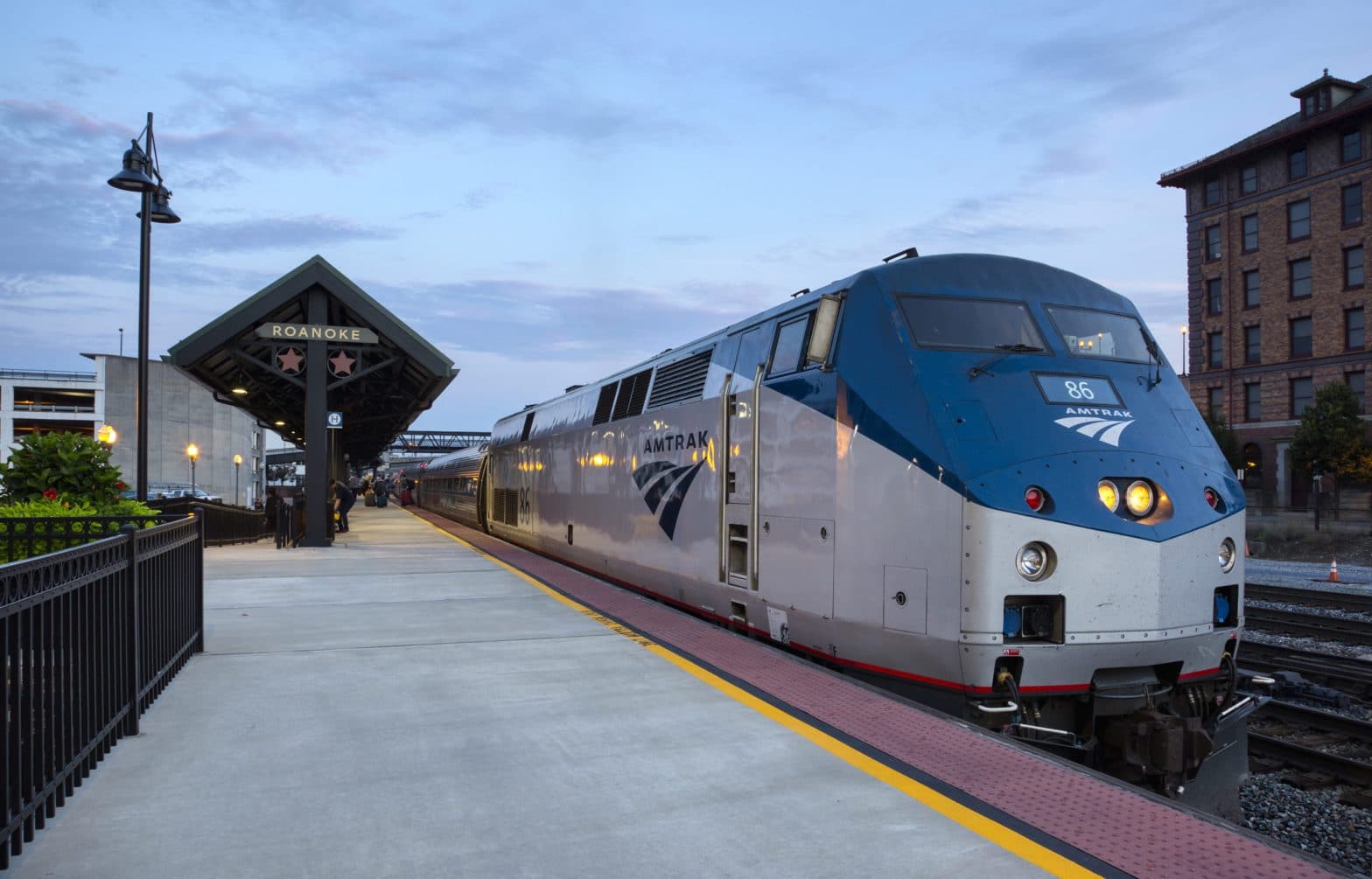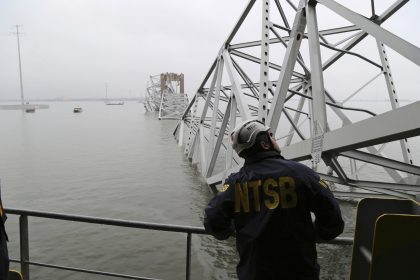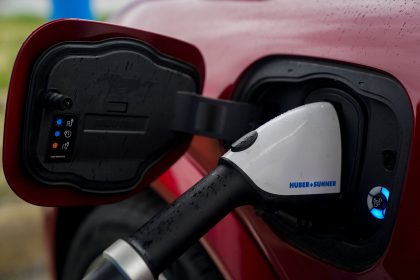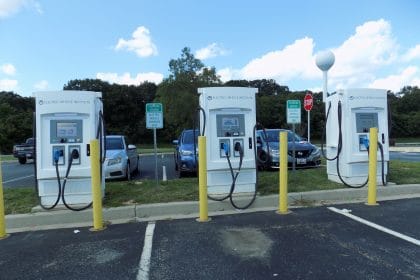Railroads Asks Senate for Assistance as Pandemic Ravages Their Business

WASHINGTON — Amtrak’s president asked Congress for a nearly $5 billion bailout Wednesday as the COVID-19 pandemic continues to scare passengers away.
The result has been a dramatic drop in fare revenue, furloughs and layoffs for thousands of workers and cutbacks of passenger rail service nationwide.
“Our ridership and revenue are still down more than 80%,” Amtrak President William Flynn told the Senate Commerce, Science and Transportation Committee.
The national passenger railroad was ending a record year for the number of riders and fare revenue in 2019 when the pandemic hit.
“We were excited to see that fiscal year [2020] was set to become another record year,” Flynn said.
Instead, the number of riders plummeted from an average of more than 2.5 million per month to 120,000 last April.
Congress gave Amtrak slightly more than $1 billion in emergency funding under the Coronavirus Aid, Relief and Economic Security (CARES) Act approved by Congress in late March.
Flynn said the money is nearly depleted, leading to layoffs of about 100 managers, furloughs of 2,050 employees that are occurring now and plans for another 2,400 furloughs among a workforce of 18,500 unless the railroad’s finances improve soon. Long distance routes were reduced from daily service to three times per week.
“We are now adjusting service and workforce levels,” Flynn told the Senate committee.
His concerns were largely shared by the committee’s members.
“Obviously we’re in a crisis,” said Sen. Edward Markey, a Massachusetts Democrat. “It’s not a crisis created by Amtrak.”
A bill he introduced that he calls the “Brain Train Act” would appropriate $5 billion a year for intercity passenger rail for five years, or a total of $25 billion. The bill still is pending in the Senate along with a companion proposal in the House.
Most of the money would go to Amtrak. Shorter commuter rail lines also could benefit.
Sen. Jon Tester, D-Mont., said Amtrak provides the only link to long distance travel for some residents of his predominantly rural state.
“The truth is, our state cannot afford to lose those critical services that Amtrak provides,” Tester said.
Sen. Roger Wicker, R-Miss., described restoring all of Amtrak’s service to his home state of Mississippi as a “top priority” for him.
Wicker, who chairs the Senate Commerce, Science and Transportation Committee, also said he was concerned the nation’s economic decline during the COVID-19 pandemic has hurt freight railroads by dropping the number of their shipments.
“U.S. freight rail is vital to keeping our economy running,” Wicker said.
He added, “The freight rail network has been critical to delivering supplies to fight the pandemic.”
Representatives of the freight railroad industry asked for regulatory relief while they try to regain their financial footing.
Ian Jefferies, president of the Association of American Railroads, said that occasionally federal regulations prevent railroads’ efforts to innovate.
He suggested in his testimony, “Replacing the outdated regulatory framework for the development and incorporation of emerging technologies with one that fosters innovation, continues to protect the public and does not unnecessarily lock in existing technologies and processes.”
Shippers who use the freight railroads said they were upset about being “captive” when they are served by one or a few rail carriers that charge them non-competitively high rates.
“Under the current test, railroads are able to unilaterally impose rate increases on customers without providing any justification for the new rates,” said Frank Chirumbole, a corporate executive who spoke for the American Chemistry Council.
The shippers want the federal government to more closely monitor railroad rates to ensure they remain competitive.

























